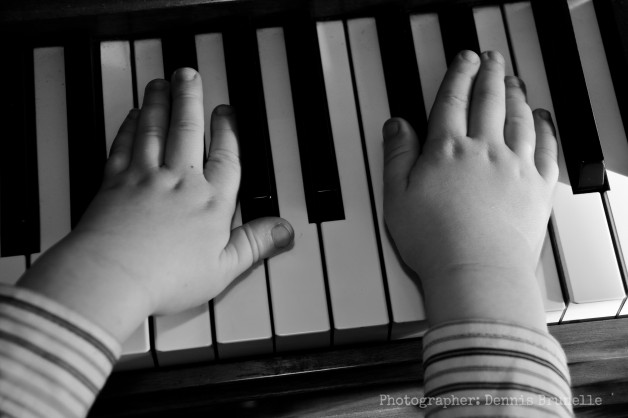A post from veteran educator and interview coach Charlie Margolis.
“We are told that talent creates its own opportunities. But it seems that intense desire creates not only its own opportunities, but its own talents.” – Eric Hoffer, (1902-1983) American social philosopher, author
They were the talented kids; the athletes who ran fast and far, seemingly without effort. He was the kid in art class who could draw realistically; the girl who played the violin solo in the school orchestra; the pretty girls and the popular guys. Those of us who struggled in mediocrity wished we were them. Watching our favorite artist, actor or athlete we would think, “I could do that, if only I had his/her talent.” After all, it looks so easy. Well, not so fast. A closer look reveals that raw talent is perhaps the least of those factors that underscore success?

Recently I was listening to a locally produced NPR program. A group of educators were discussing creativity. One of the panelists emphatically stated, “Talent is a myth!” It’s certainly not the first time I have heard this idea expressed. I think it is a kind of magical thinking that just doesn’t correspond with reality. Inferring that anyone can achieve the highest level of performance is unrealistic, at best. You don’t make the Olympics, play in Carnegie Hall or get accepted at MIT without the genetic potential. While inherent talent is part of the equation that determines the ultimate level of performance, it is hardly the only factor. Research scientists, who have investigated this subject, estimate that talent accounts for about 25% of a person’s performance.

“Let me show you my cousin’s drawing. He’s so talented,” she insisted. I’ve seen hundreds – perhaps thousands – of pieces of student artwork. The young man’s portrait was well crafted, though not extraordinary. I politely praised the art and made some encouraging comments meant to be passed on to the burgeoning artist. To the ‘amateur eye,’ realistic drawing is comparable to alchemy. Those of us who have more experience understand that it is more akin to a skill, which can be learned through instruction and practice. Given the same amount of training and practice, will some people be able to draw more expertly than others? Certainly! Then again, being a skilled draftsman does not make a person a great artist. Art is singular because of its originality and interpretative ability. Van Gogh honed his drawing skill, which was anything but good in the beginning, through hours of compulsive practice. Talent is finite; motivation knows no limits.

I attended a seminar presented by one of the world’s leading motivational speakers. Ten thousand middle managers listened to his message that nothing less than being the very best in their chosen field was acceptable. I sat there wondering, is that really possible? UCONN women’s basketball coach Geno Auriemma (Who doesn’t know who he is?) says that his team aims for perfection fully realizing they will never attain it. Is talent important? You can’t play for the Lady Huskies women’s basketball team without a great deal of athletic talent. However, all the talent in the world does not preclude the 500 shots per day many of these women take in practice, every day. When talent, motivation and training meet, there can be a high level of performance. Talent may be the least important factor in the equation. In his book, Blink, Malcolm Gladwell advanced the theory that it takes 10 years and 10,000 hours to develop expertise in any field.
Given the choice between talent and motivation, I would opt for high motivation. I have never known talent – by itself – to make anyone happy. The mentality that says first is the only place is sadly mistaken. Stage mothers, hockey fathers and helicopter parents who push their children to extreme levels of participation may be serving their own needs more than their child’s. Young people need to learn intrinsic motivation, resilience, and tenacity. Those are the characteristics which deserve praise and respect. Praise can motivate, if that message is oriented toward effort rather than innate ability. Research demonstrates that children who are praised for their intelligence do not try as hard as those who are praised for their effort. Since effort is under a person’s control, it can lead to resilience. When praise for being smart does not correspond with performance, it can lead to feelings of helplessness. Children who are praised for their persistence are likely to invest more effort. Praise should be specific and sincere. To the brain, a sincere compliment, for something that has been earned through effort, is like receiving cash. So, admire talent, but praise effort. The capacity to appreciate talent may, itself, be a talent. It certainly makes life more pleasant.




Leave a Reply